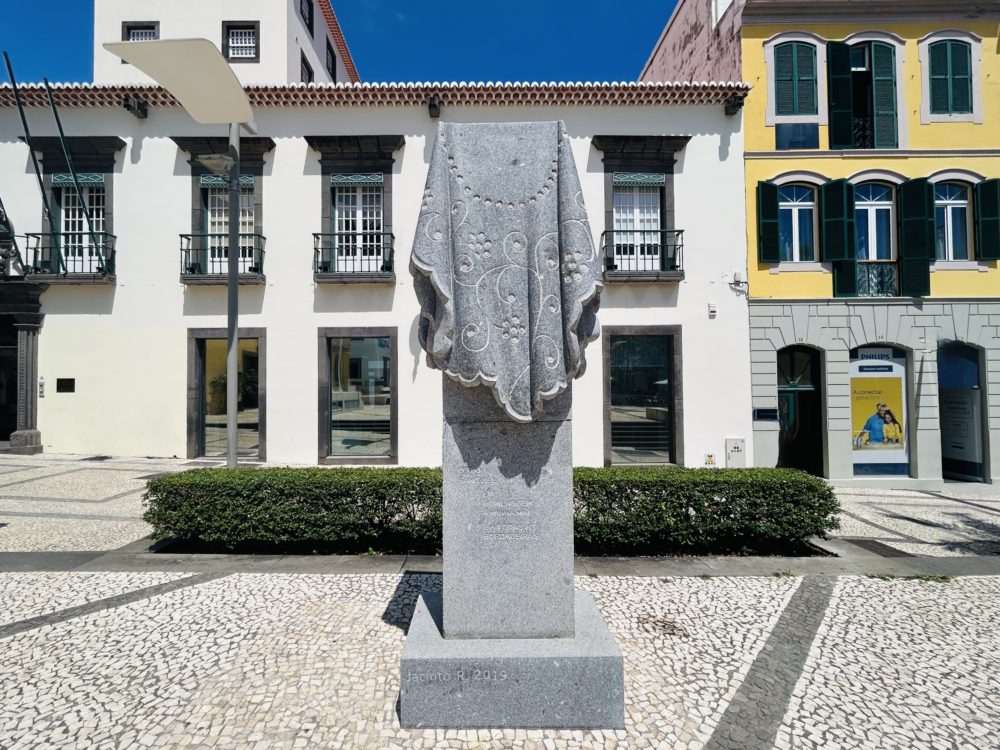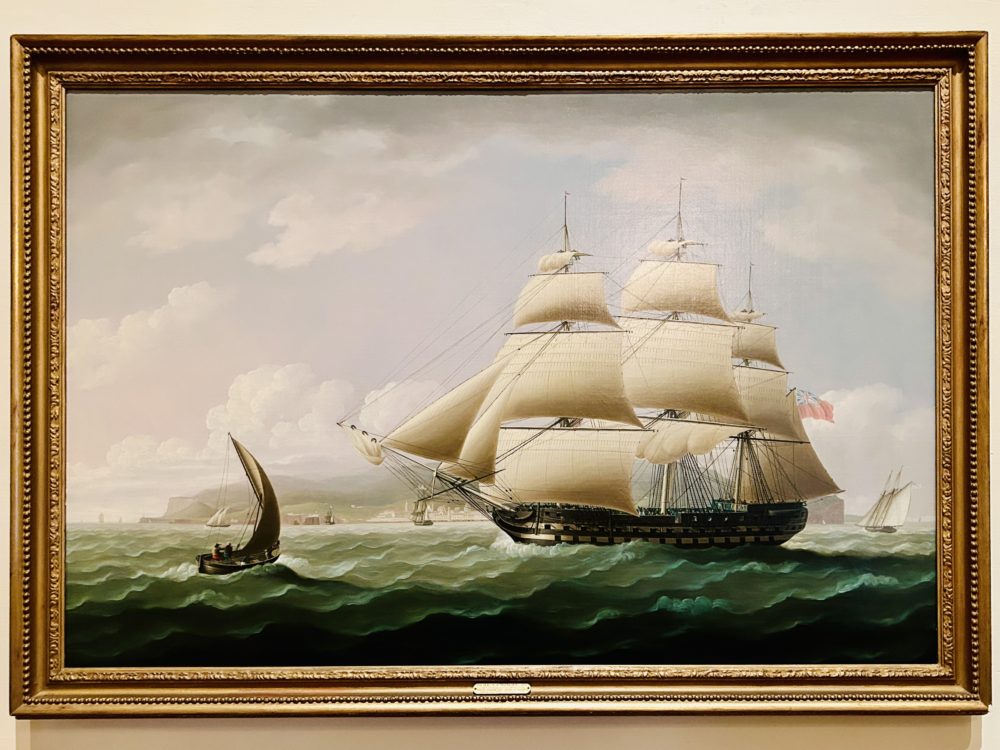On 10th September 1898, the world lost one of its most enigmatic and beloved figures, Empress Elisabeth of Austria, affectionately known as Sissi. Her life, marked by beauty, tragedy, and a quest for freedom, continues to captivate hearts more than a century after her untimely death.
Born on 24th December 1837, in Munich, Bavaria, Elisabeth Amalie Eugenie was the daughter of Duke Maximilian Joseph and Princess Ludovika of Bavaria. Raised in a relatively informal and carefree environment, young Elisabeth, or Sissi, enjoyed a childhood filled with outdoor activities and a love for nature.
At the tender age of 15, Sissi’s life took a dramatic turn when she accompanied her sister Helene to meet their cousin, Emperor Franz Joseph I of Austria. Although Helene was the intended bride, Franz Joseph fell deeply in love with the spirited and beautiful Sissi. The couple married on 24th April 1854, thrusting Sissi into the rigid and demanding Habsburg court life, for which she was unprepared.
Despite the fairy-tale beginning, Sissi’s marriage to Franz Joseph was fraught with challenges. The young empress struggled with the strict protocols and expectations of the court, often clashing with her domineering mother-in-law, Archduchess Sophie. Nevertheless, the couple shared moments of genuine affection and respect. Franz Joseph’s love for Sissi remained steadfast, even as she increasingly withdrew from court life.
Sissi’s life was marked by personal tragedies, including the death of her first daughter, Sophie, in infancy, and the tragic murder-suicide of her only son, Crown Prince Rudolf, in 1889. These events deeply affected her, leading her to seek solace in travel and solitude. She developed a deep affinity for Hungary, playing a significant role in the Austro-Hungarian Compromise of 1867.
Obsessed with maintaining her youthful beauty, Sissi adhered to a strict diet and exercise regimen, often spending hours on horseback or hiking. Her striking appearance and unconventional lifestyle made her a subject of fascination and admiration across Europe.
Tragically, Sissi’s life was cut short when she was assassinated by Italian anarchist Luigi Lucheni in Geneva on 10th September 1898. Her death marked the end of an era, but her legacy endures.
Today, visitors to Madame Tussaud’s Budapest can marvel at the wax statue of Empress Elisabeth, capturing her timeless beauty and grace. The statue stands as a tribute to her enduring legacy and the indelible mark she left on history.
#EmpressElisabeth #Sissi #AustrianHistory #RoyalRomance #MadameTussauds






